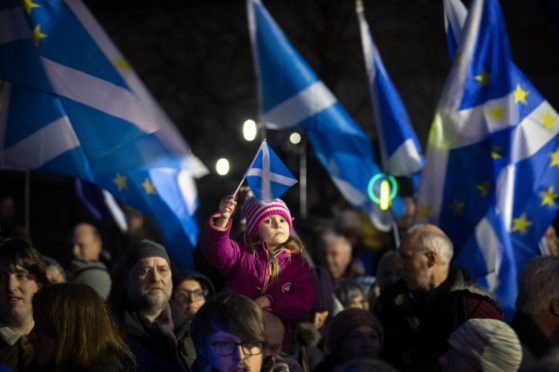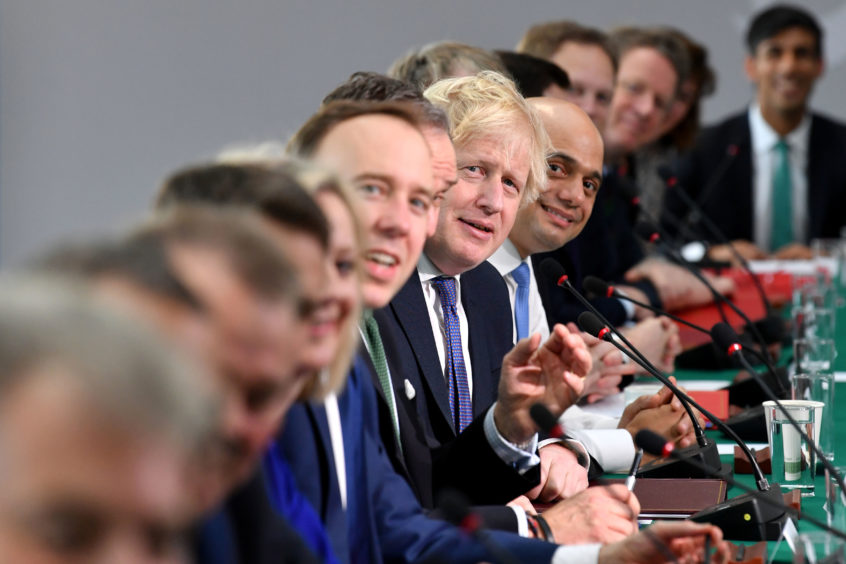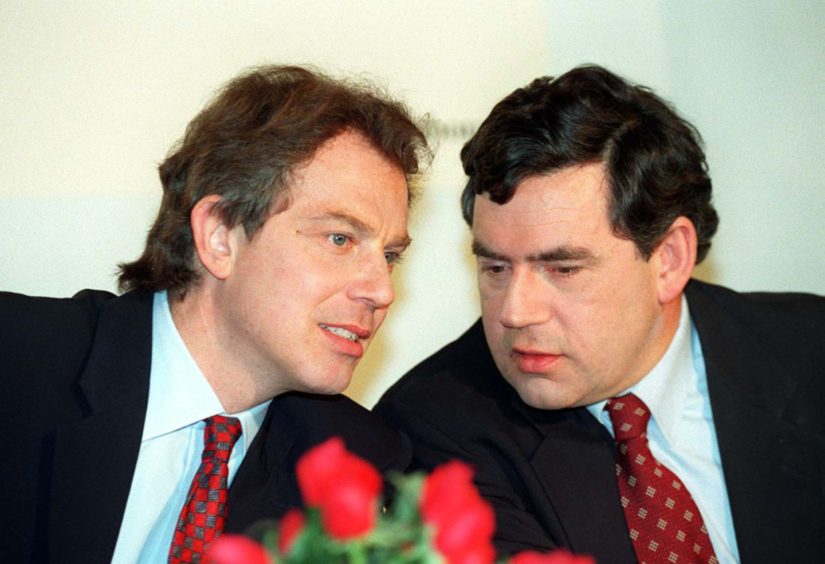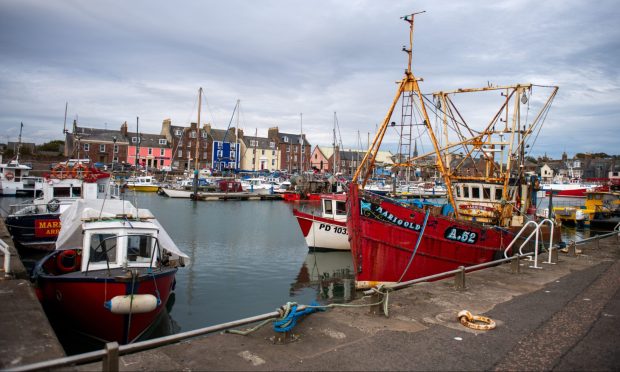Boris Johnson has promised an era of “national renewal” ahead of the United Kingdom’s formal exit from the European Union tonight.
After almost half a century of membership and three and a half years after a referendum in which voters chose to leave the bloc by 52% to 48%, the UK will exit the EU at 11pm.
Little will change immediately, however, as the UK begins a “transition period”.
Most EU laws will continue to be in force – including the free movement of people – until the end of December, by which time the UK aims to have reached a permanent free trade agreement with the EU.
Mr Johnson, speaking in a pre-recorded Downing Street message this evening, spoke of his ambition to “bring the country together and take us forward”.
“This is the moment when the dawn breaks and the curtain goes up on a new act in our great national drama”, he said.
The prime minister pledged to use “recaptured sovereignty” to deliver the changes people voted for.
“Whether that is by controlling immigration or creating free ports or liberating our fishing industry or doing free trade deals”, he said.
He added: “This is the dawn of a new era in which we no longer accept that your life chances – your family’s life chances – should depend on which part of the country you grow up in.
“This is the moment when we really begin to unite and level up. Defeating crime, transforming our NHS, and with better education, with superb technology and with the biggest revival of our infrastructure since the Victorians.
“We will spread hope and opportunity to every part of the UK” – Boris Johnson
The message came after Mr Johnson and his ministers held a symbolic cabinet meeting in strongly pro-leave Sunderland this afternoon, marking the city’s role as the first place to declare its result on the night of the 2016 EU referendum.
At that meeting the prime minister said that the Government would start work in earnest to secure a Canada-style free trade agreement with the EU.
Perhaps preempting those negotiations, European Council president Charles Michel warned this afternoon that UK access to EU markets would be more restricted in future.
“The more the UK will diverge from the EU standards, the less access to the single market it will have,” he told a news conference in Brussels.
“We want to have the best possible relationship with the United Kingdom but it will never be as good as membership,” European Commission president Ursula von der Leyen added.
Analysis: Boris Johnson channels nineties New Labour
Boris Johnson’s remarks could have been lifted directly from a 1997 Tony Blair speech.
His declaration that a “new dawn is breaking” across the nation and his promises to improve life chances, get tough on crime and invest in the NHS and education are all peak New Labour.
And what else did New Labour do well? Message discipline. Ministers famously got daily texts from spin doctor Alastair Campbell telling them what line they should stick to on any given issue.
Mr Johnson’s script is well rehearsed and one that was effectively deployed in the referendum campaign of 2016, his Tory leadership run and the December election. Simple and effective, a promise of “sunlight uplands” after Brexit.

BREXIT DAY: How EU referendum result crashed through the political establishment and set us all on an uncharted course
BREXIT DAY: Why Lord Menzies Campbell believes ‘Leaving the EU is completely against our better interests’
BREXIT DAY: Scotch pies and general indifference – how Britain’s entry into Europe was reported in 1973
BREXIT DAY: Dundee piper’s lament to EU exit will be echoed at events across Tayside and Fife
Unlike Mr Blair, however, who had many years in Opposition to form policies, Mr Johnson has been in Government on and off for the last five years and has been part of Tory administrations that have cut the very police and nurses he is now promising to rehire.
Soundbites are easy, it’s the delivery that’s hard. Mr Johnson gave a nod to that fact in his speech this evening, when he tellingly mentioned the fact Brexit was “not an end but a beginning” and that there could be “bumps in the road ahead”.
The prime minister will hope there aren’t many bumps, for after the symbolism of tonight fades the pressure will truly be on the Tories to start making good on some of the ambitious pledges that have been made.






